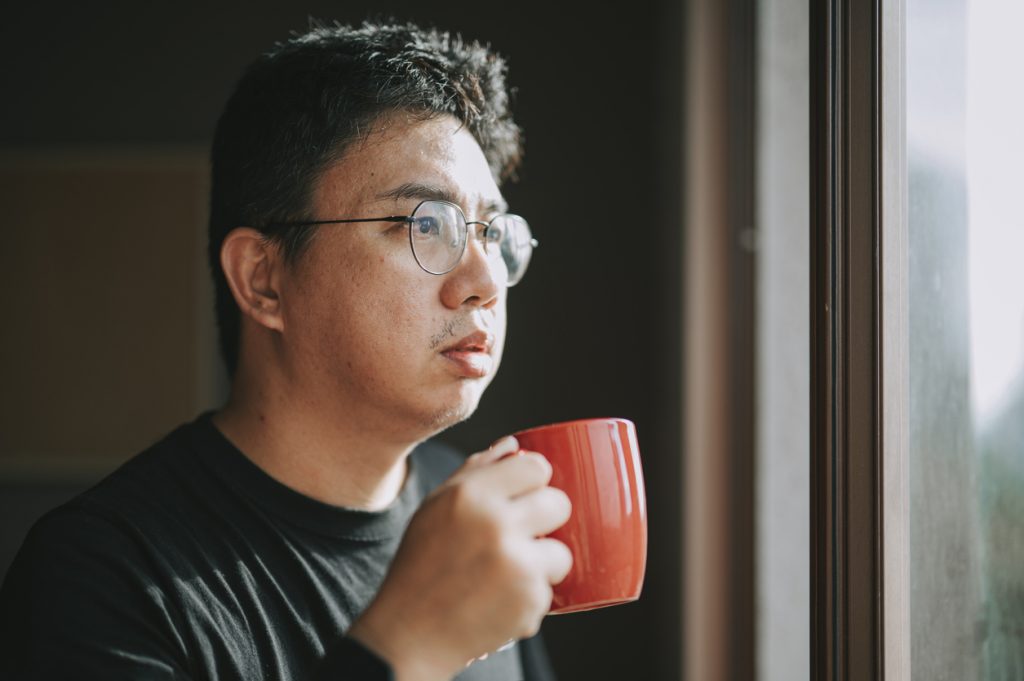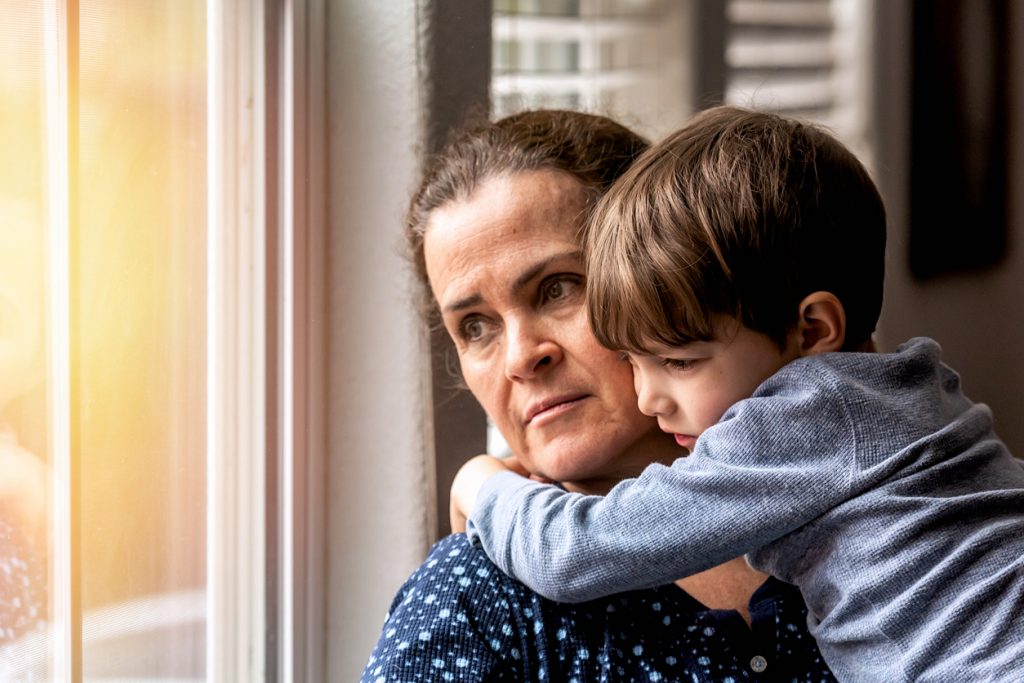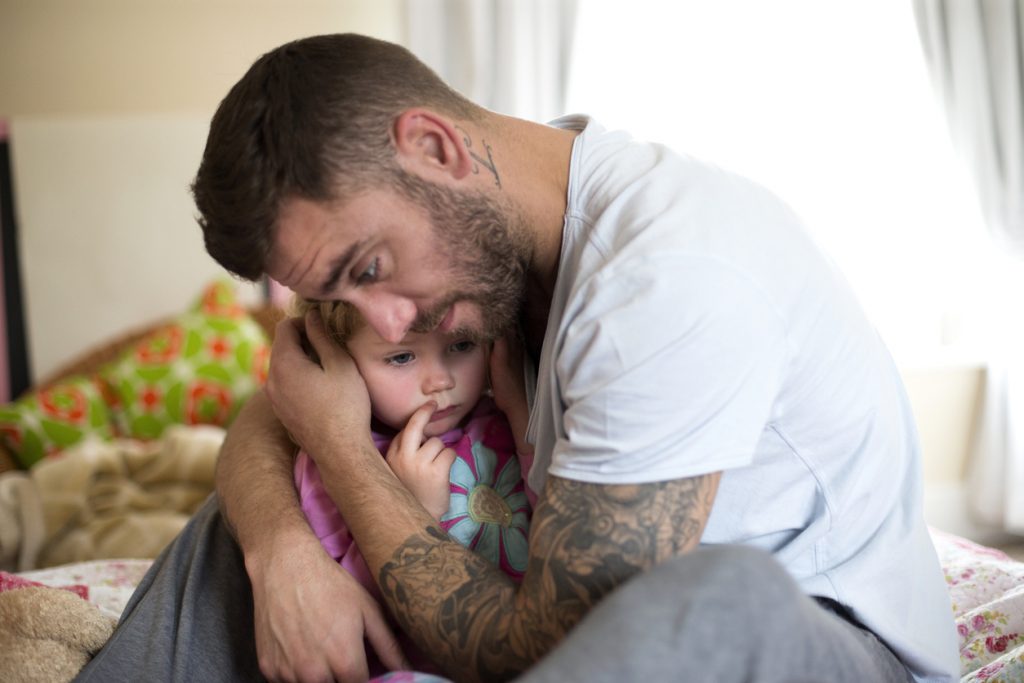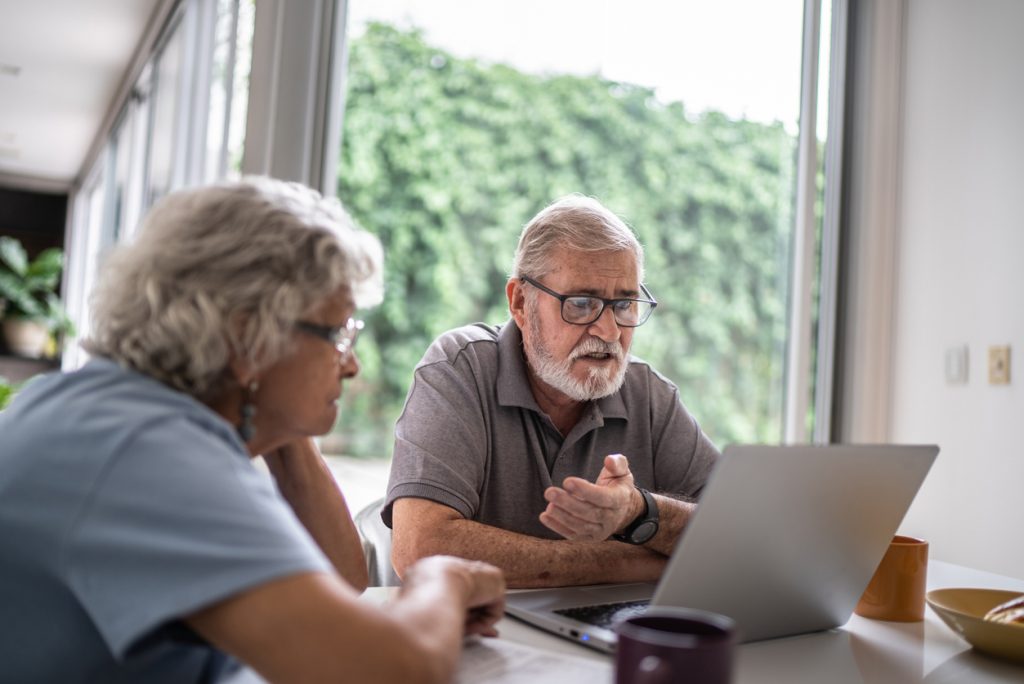‘How can I manage anxiety?’ Your guide to good mental health
If you suffer from anxiety, you’re not alone. One quarter of Australians will experience anxiety at some time in their life, making it the most common mental health condition in the country.
But just because it’s common, that doesn’t mean you have to learn to live with anxiety – there is treatment options available that can help manage anxiety, speak to a doctor to find out the right treatment for you.

What is anxiety?
Anxiety is a fear or concern about something that may happen in the future. We all feel worried from time to time when there is something adding stress to our lives, but experiencing an anxiety disorder is more than that. Anxiety is a condition where those anxious feelings don’t go away when the source of stress is gone, or when we find it hard to cope with our daily lives.
Anxiety can lead our brain to overestimate the danger we are in, with everyday stressors like going into a work meeting or having to leave the safety of home potentially setting off our fight, flight or freeze response. This response triggers the body to release adrenaline and cortisol, raising our heart rate, making us breathe more quickly, and making us more alert.
It can be hard for people with anxiety to calm their body’s response, but below we’ll take a look at some management strategies and treatments that are available.
Anxiety symptoms
If you’re suffering from anxiety, you may experience a range of symptoms, including:
Physical:
o hot and cold flushes
o racing heart
o tight chest
o rapid breathing
o feeling restless or tense.
Psychological:
o fear
o worry
o catastrophising
o obsessive thinking.
Behavioural
o avoiding situations that can trigger your anxious feelings, such as work, school or social situations.

Types of anxiety
Anxiety can look and feel different, so it may not always be easily identifiable, but at the core of all anxiety disorders is that worry or fear about something that hasn’t yet happened.
Common types of anxiety can include:
· a specific phobia, such as being afraid of spiders or open spaces
· social anxiety disorder, where it can be difficult to relax in social situations
· panic disorder, an intense rush of fear or anxiety
· generalised anxiety disorder, which is worry about more than one aspect of your life
· separation anxiety disorder, where you are afraid to be separated from a particular loved one.
It is not unusual to experience more than one type of anxiety at a time.

Anxiety in children
We don’t yet know exactly what causes anxiety, but research suggests a number of factors can contribute, including genetics and environment. For that reason, it’s common for anxiety to run in families.
Around 7 percent of children in Australia will suffer from an anxiety disorder. This may present as:
· avoiding certain issues
· having regular headaches or stomach aches
· trouble sleeping or nightmares
· regular worry
· needing regular reassurance
· being a perfectionist.
If you think your child may have anxiety, speak to a doctor to find out what treatment options are available. Parents can also help by acknowledging and not diminishing their child’s fears, supporting them to face those fears, and giving them praise when they do something they’re afraid to do.

How to alleviate anxiety
In your day-to-day life, you may find that engaging in some simple relaxation techniques can help you to relax your body’s response and calm your mind. You may like to try some or all of these ideas:
1. Slow your breathing and count to four as you breathe in, and then count to four as you breathe out. Keep breathing this way until you feel calmer.
2. Try a progressive muscle relaxation, where you tense a small group of muscles – say, the toes on your left foot – and then relax them. Then you repeat this exercise on small sections until you have worked your way around your entire body.
3. Bring your mind back to the present, and remind yourself that you are safe right now. It can also help to question whether the things you are worrying about are likely to happen, and what evidence there is to suggest you are really in danger.
4. Try to move your body and spend time in nature as often as you can.
5. Spend time with family and friends, doing things you enjoy.
6. Set yourself small challenges to do things you’re afraid to do. If you’re afraid to go out in public, set yourself the challenge one day of putting on your shoes or opening your front door. Then, the next day, step outside the door. Keep taking small steps you feel comfortable with, yet challenged by, so you can build up your confidence.
7. Talk to your anxiety as if it was a visitor in your home. Acknowledge its existence and be comfortable living with it, rather than trying to pretend it’s not there.
8. Plan time to worry each day, and write those fears down in a journal. Taking the time to feel those feelings rather than trying to pretend they don’t exist can help to put them into perspective.

If you are experiencing symptoms, you should speak to a doctor to find out the right treatment for you. You can request a telehealth consultation with one of our Australian-registered doctors from anywhere in Australia, seven days a week.
Some effective and popular treatments include:
· cognitive behaviour therapy, which involves working with a therapist to understand your thoughts and behaviours and work to change those patterns
· peer-to-peer support, where you can join groups either in person or online with others who have anxiety.
For more information about anxiety and support resources, see Beyond Blue, the Black Dog Institute or Lifeline. Always speak to your GP before putting a treatment plan in place.
To speak with an InstantScripts Doctor:
Request a ConsultationIf you have run out of your script:
Request a ScriptThis article was written by Carolyn Tate, a Brisbane-based writer with a particular interest in women’s health, mental health and living well. Carolyn holds a Bachelor of Professional Writing and a Bachelor of Political Science.
© InstantScripts
Level 8 / 637 Flinders St.,
Docklands VIC 3008

